Dorset Council has revealed early plans for a large-scale solar farm at Higher South Buckland Farm in Chickerell, a project that could generate enough clean energy to power thousands of homes and strengthen the county’s energy resilience for decades to come.
The proposal, published on 4 November 2025, sets out the council’s intention to develop up to 50 megawatts (MW) of solar photovoltaic capacity on its Farms Estate. If approved, it would be one of the largest renewable energy projects ever undertaken on council-owned land in the South West.
The site—currently used as low-yield agricultural land—has been identified as suitable for renewable energy generation through Dorset’s Local Plan work. The council says the project aligns with its twin priorities of achieving net-zero carbon emissions and ensuring energy security for residents and businesses.
Councillor Nick Ireland, Leader of Dorset Council and Cabinet Member for Climate, Performance and Safeguarding, said the solar scheme represents “smart use of our land to support Dorset’s future.”
“By generating clean energy locally, we can improve resilience, reduce carbon emissions and create economic opportunities for our communities,” Cllr Ireland said.
The proposed solar farm would not only generate renewable energy but also provide long-term financial benefits. Income from the project would be reinvested into maintaining the Dorset Farms Estate, which requires an estimated £12 million for upkeep over the next decade. Council officials added that the development could deliver biodiversity improvements alongside energy infrastructure—through measures such as wildflower meadows, habitat corridors and hedgerow planting.
The council has appointed renewable-energy developer Source Galileo to lead early-stage design, feasibility studies and community engagement. Public consultation will form a key part of the planning process before any formal application is submitted.
The announcement comes as Dorset continues to expand its renewable portfolio, following smaller-scale solar installations on schools and council buildings, as well as the growing popularity of community solar and shared-energy schemes.
If approved, the Higher South Buckland Farm project could make Dorset a regional leader in council-backed clean-energy production, reducing reliance on external power sources and contributing to the UK’s broader transition away from fossil fuels.
The next steps will include detailed environmental assessments, grid-connection studies and local consultation events expected in early 2026. The scheme remains subject to full planning permission and technical viability checks.
For Dorset Council, the initiative marks another stride toward its 2040 carbon-neutral goal — turning farmland into a driver of sustainability, resilience and long-term investment for the county’s future.
Discover more from Dorset News
Subscribe to get the latest posts sent to your email.


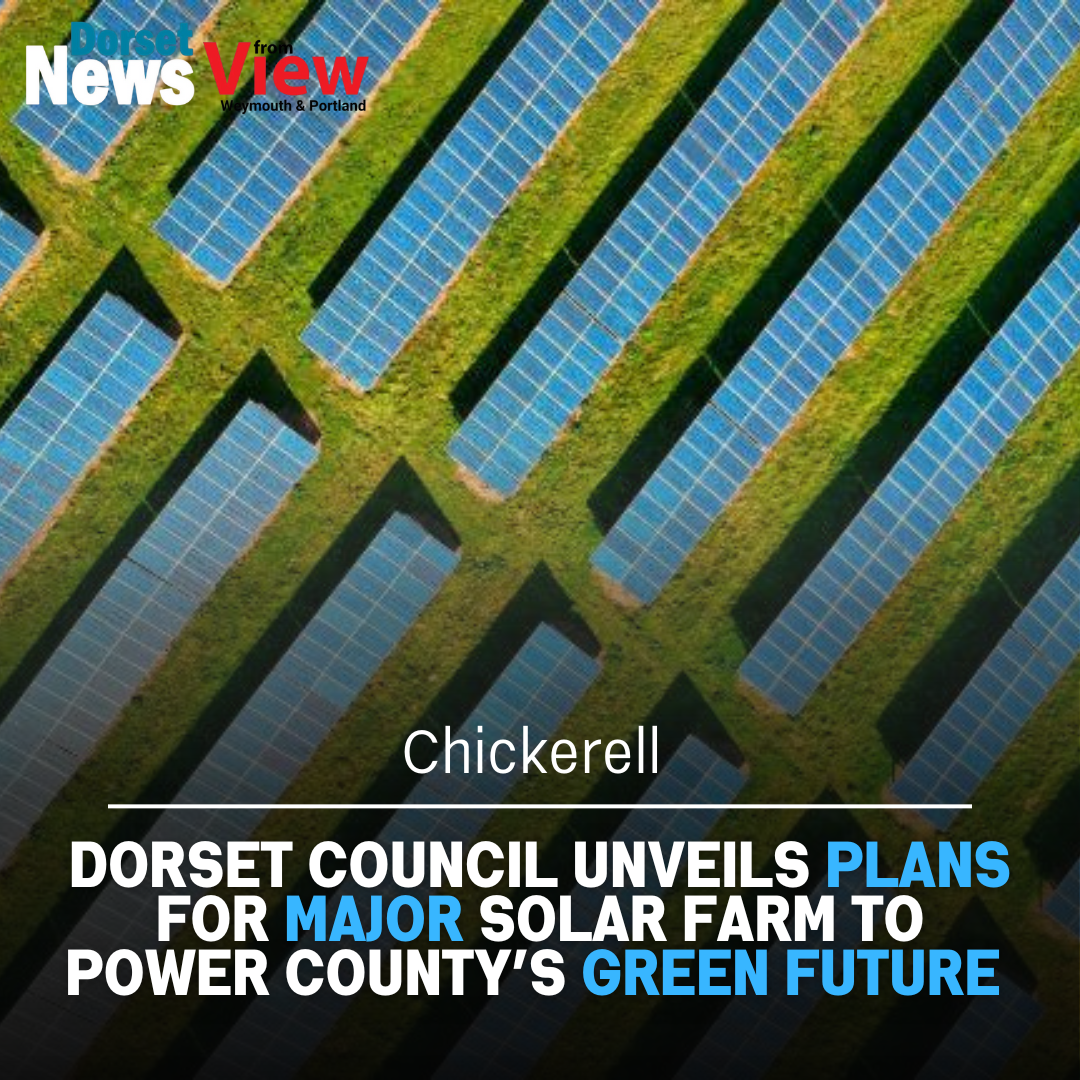

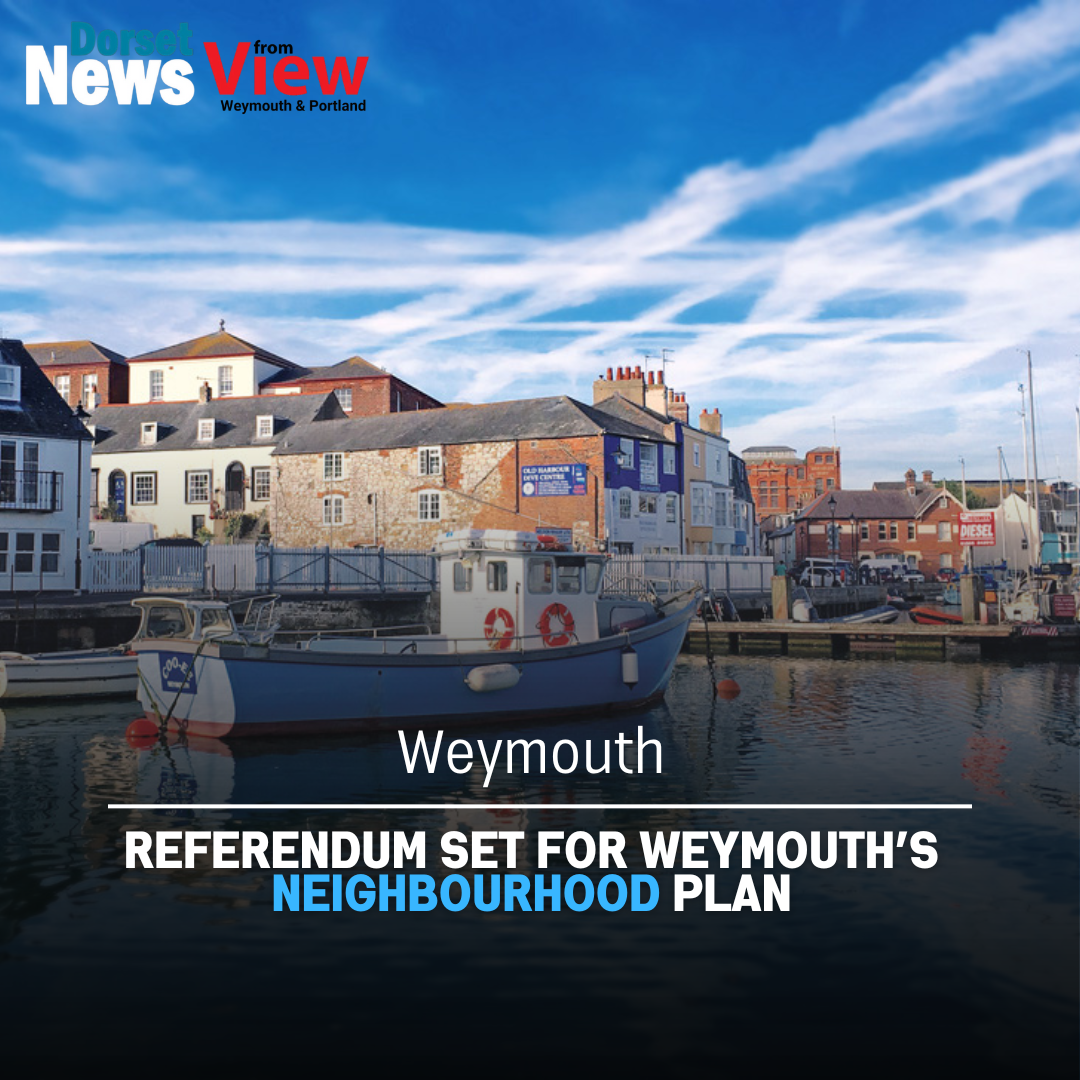
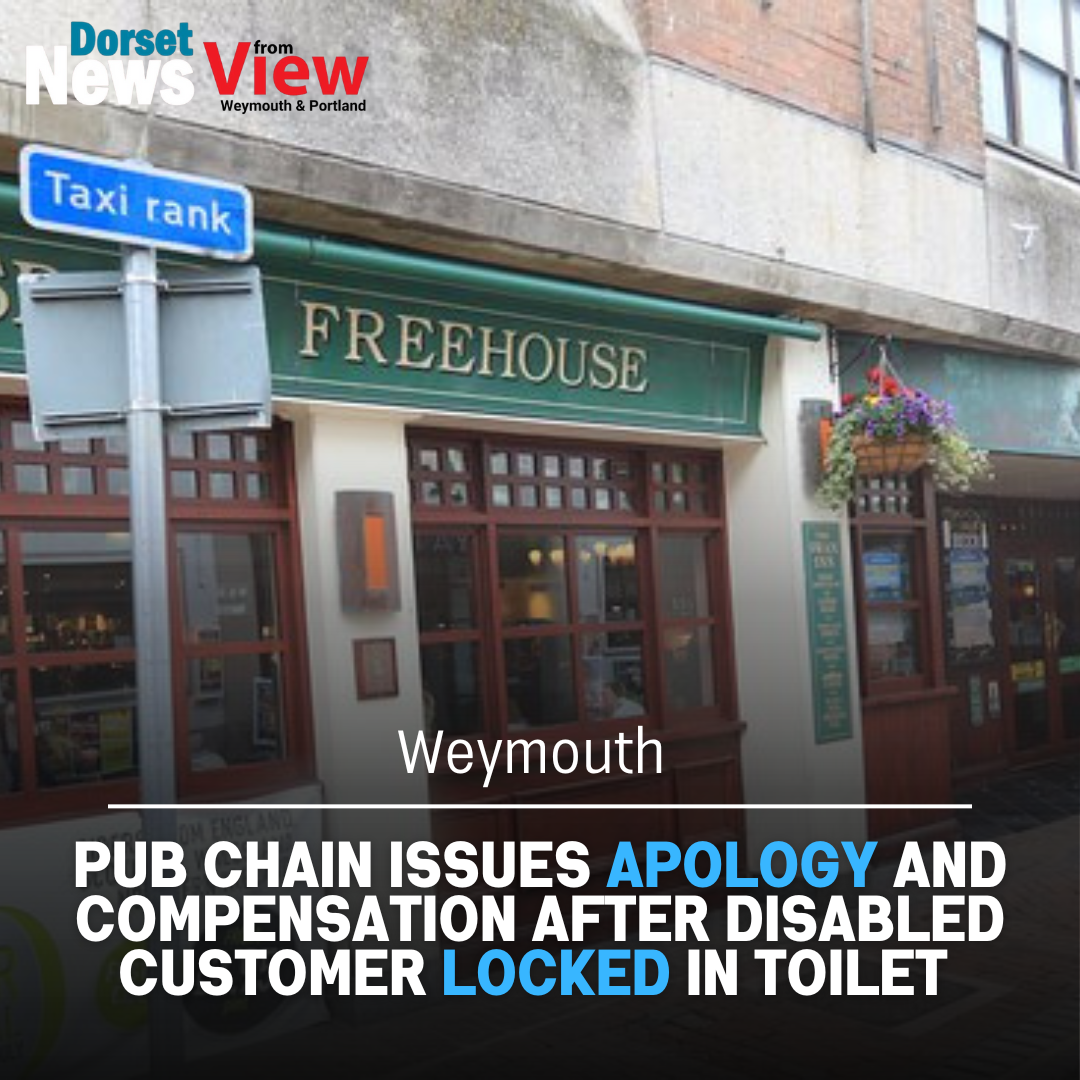
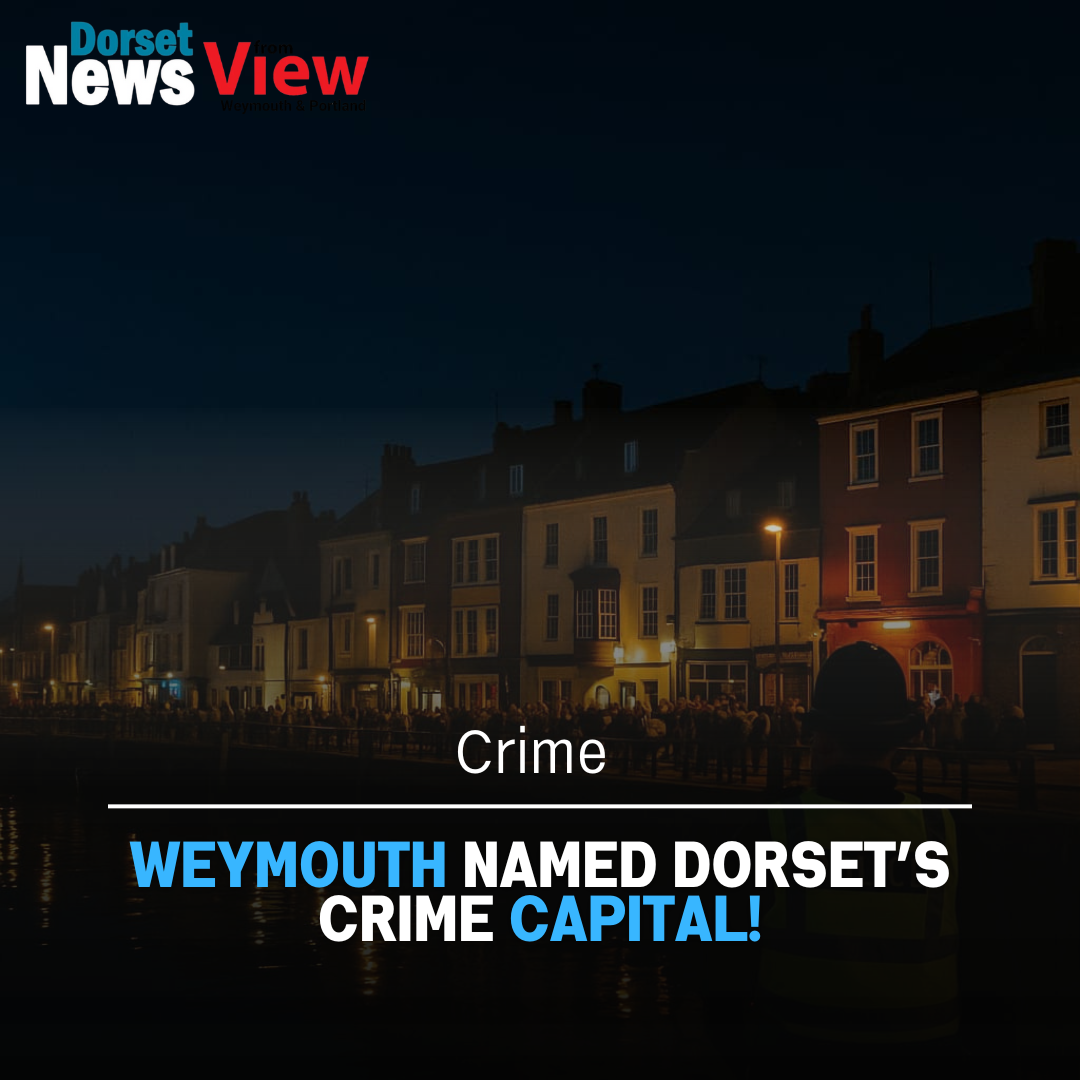
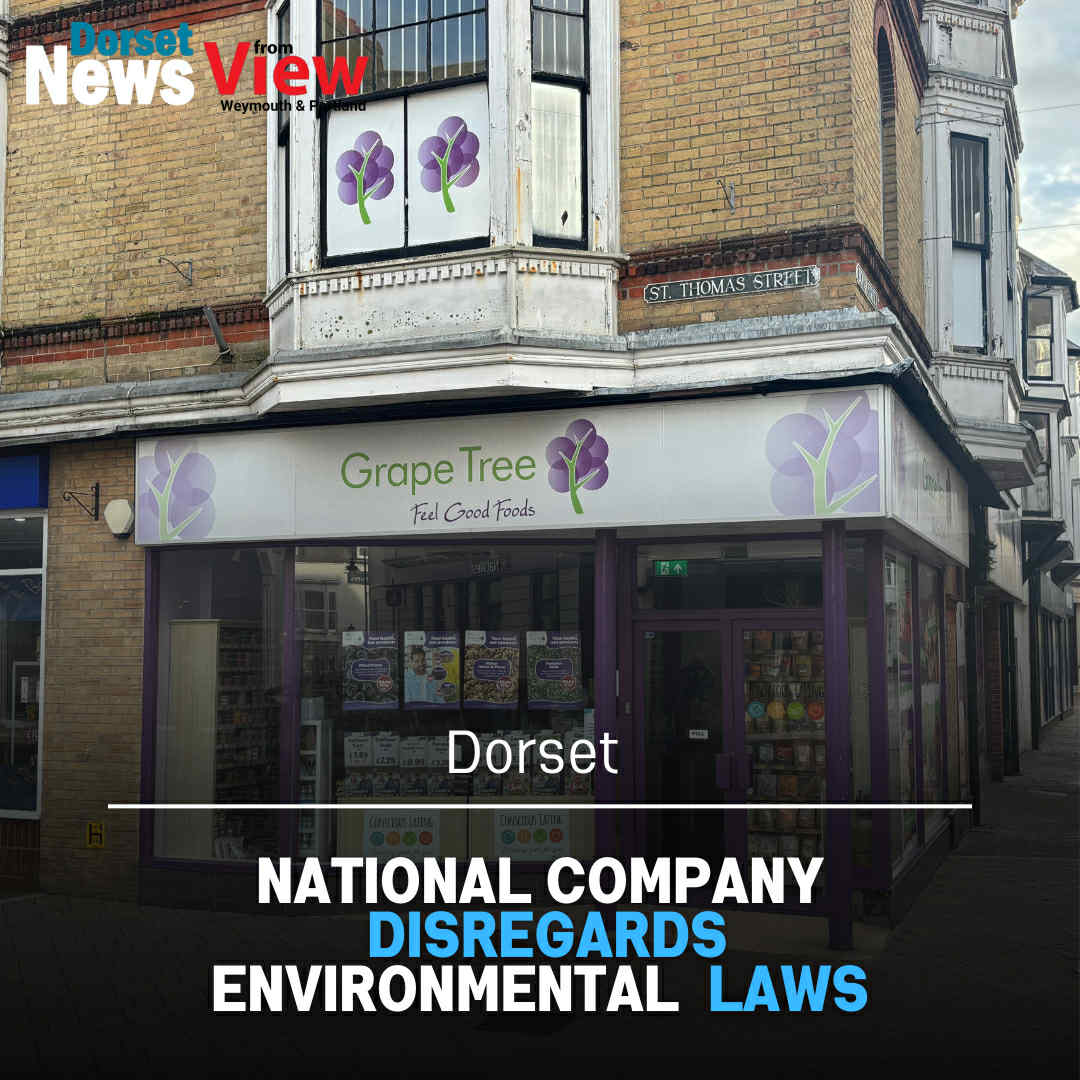




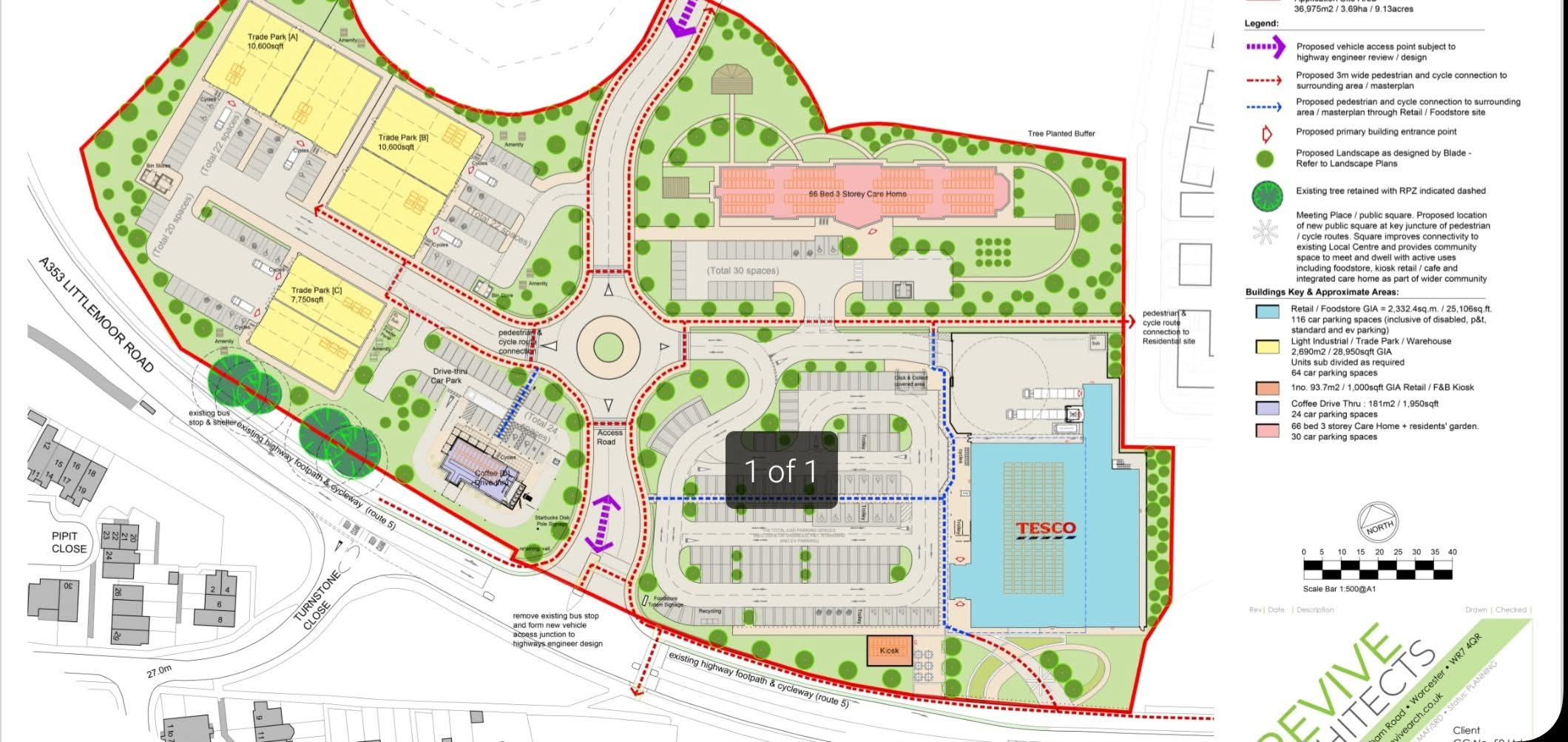


Leave a Reply